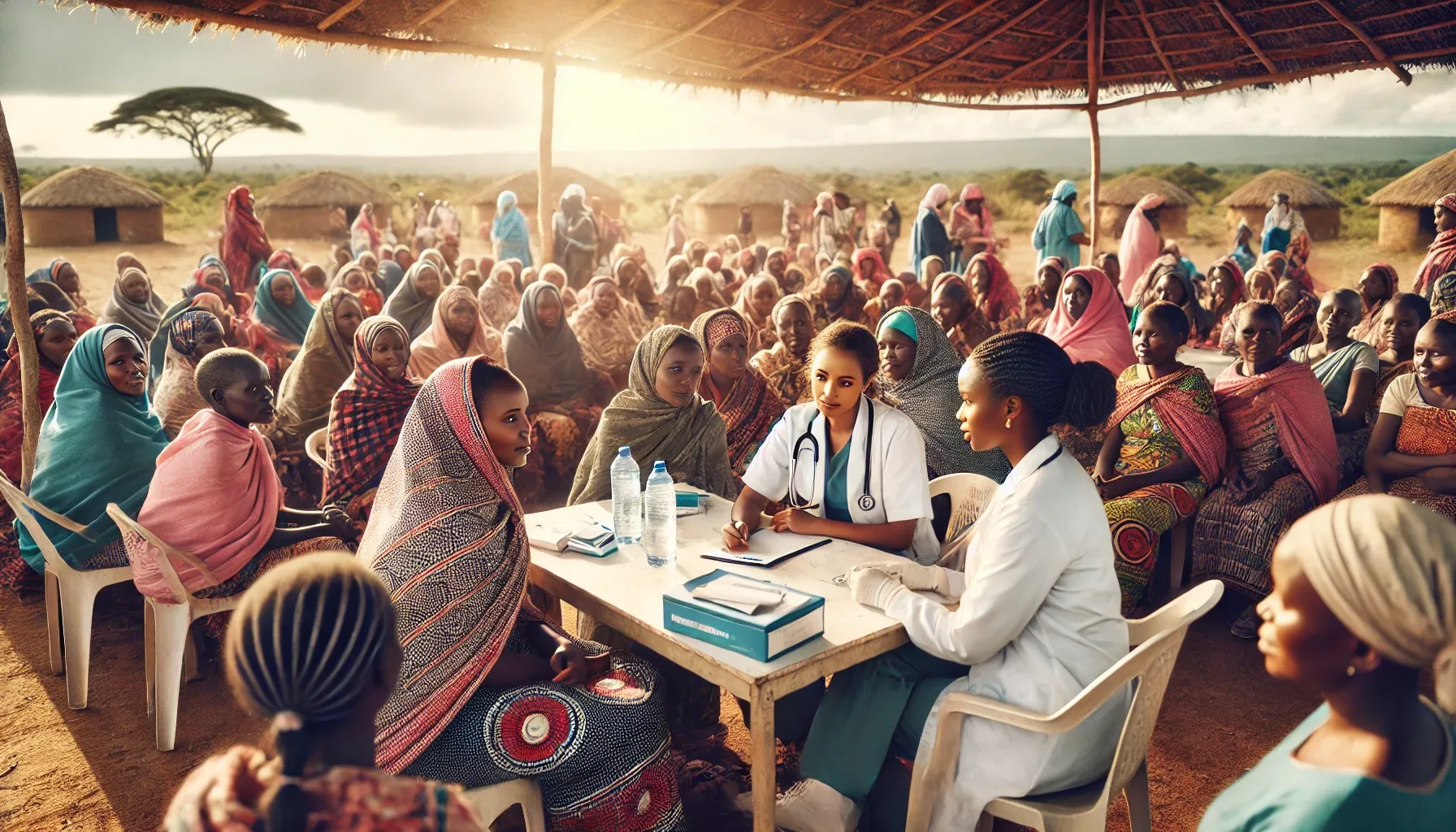
Esther Wamuhu’s Journey to Empowerment
At just 20 years old, Esther Wamuhu from Laikipia West is determined to reshape her future. After experiencing an unplanned teenage pregnancy that forced her to interrupt her education, Esther is now ready to complete her secondary schooling and fulfill her aspiration of attending university.
Yet, a significant obstacle remained—affordable family planning.
“I wanted effective family planning, but couldn’t afford it,” Esther explains. A chance announcement on local radio about a free health outreach provided the solution. “I received a five-year family planning method for free. Now I can continue school without worrying about another pregnancy,” she shares.
Addressing Critical Healthcare Gaps
For many Kenyan women like Esther, accessing quality sexual and reproductive healthcare is challenging, particularly in informal settlements and remote arid areas where maternal mortality, teen pregnancies, and gender-based violence are prevalent.
Dr. Timothy Panga, Chief Officer for Health in Laikipia County, highlights, “We bring these essential services directly to communities. Many women won’t visit a healthcare facility unless it’s an emergency, making these outreach programs critical.”
WHO’s Impactful Response
Recognizing this critical need, the World Health Organization (WHO) has provided sexual and reproductive health kits worth USD 100,000 to six priority Kenyan counties—Kajiado, Samburu, Laikipia, Siaya, Marsabit, and Tana River. These kits include essential supplies for family planning, obstetric emergencies, post-abortion care, and gender-based violence support.
This initiative follows a detailed 2024 assessment by WHO and Kenya’s Ministry of Health, identifying key gaps in training, supplies, and community engagement.
Addressing Immediate Health Needs
In Samburu, a shortage of Oxytocin—a vital medication preventing postpartum hemorrhage—was promptly resolved through WHO intervention. WHO also established dedicated post-abortion care rooms in county health facilities, providing women with dignified and confidential support. By February 2025, six equipped post-abortion care rooms were established across these counties.
Enhancing Healthcare Provider Capacity
WHO Kenya also invests in training healthcare workers. Through specialized on-the-job training and mentorship, over 216 healthcare professionals across 36 facilities now confidently deliver high-quality reproductive health services.
Integrated outreach services have already significantly impacted Laikipia County, reaching over 3,300 residents. Among these, 260 received family planning services, and 1,147 underwent cancer screenings.
Positive Community Response
Local leaders, including Governor Joseph Ole Lenku of Kajiado, praise WHO’s efforts for significantly improving women’s health outcomes.
“We greatly value our collaboration with WHO and don’t take their support for granted,” Governor Lenku stated.
As WHO Kenya collaborates with the government to expand reproductive healthcare access, the initiative continues prioritizing health system strengthening and community empowerment for sustainable reproductive health gains.
- Original Story:
- Story By:
- Date:
- Please Support: